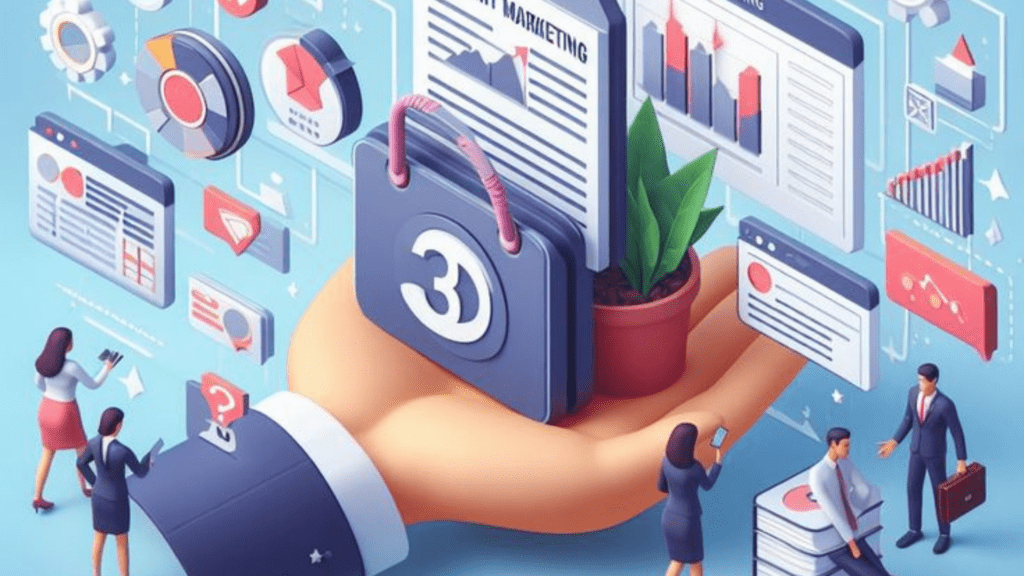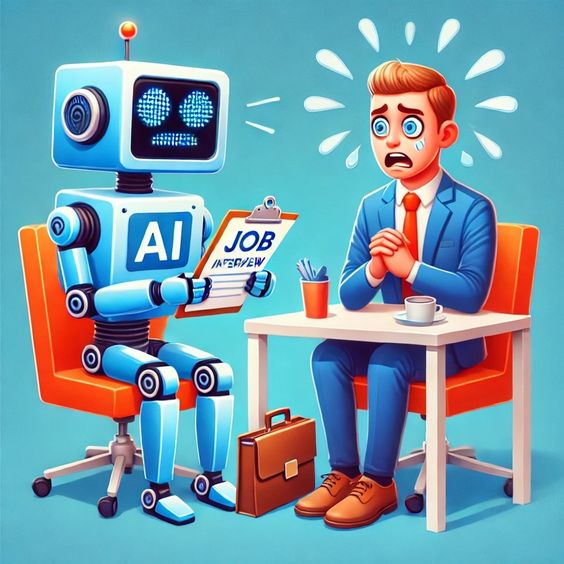The Future of Work: AI’s Role in Transforming Job Markets

The world of work is undergoing a profound transformation, driven by rapid advancements in technology, particularly artificial intelligence (AI). AI is no longer a futuristic concept but is now a central element reshaping industries, job roles, and economies across the globe. As AI continues to evolve, it promises to fundamentally alter the nature of work, presenting both opportunities and challenges. This article explores the potential impacts of AI on job markets, the benefits and risks associated with its integration into the workforce, and the ways societies can prepare for these changes.
AI’s Impact on Employment
AI has already begun reshaping various industries, with automation playing a significant role in streamlining tasks traditionally performed by humans. From manufacturing to customer service, AI-powered systems are taking over routine tasks, which has led to increased productivity and cost savings. For example, in manufacturing, AI-driven robots can assemble products with greater precision and efficiency than humans, reducing the need for manual labor in certain areas.
However, while automation enhances productivity, it also raises concerns about job displacement. Low-skilled workers, particularly in fields like retail, transport, and administrative support, are at higher risk of being replaced by AI-driven systems. A 2019 report from the McKinsey Global Institute estimated that as many as 800 million jobs could be displaced by automation globally by 2030. As AI continues to automate routine and repetitive tasks, many workers may find their roles redundant, leading to significant disruptions in the job market.
Job Creation in New Industries
While AI may displace some jobs, it also has the potential to create entirely new industries and job opportunities. As businesses increasingly adopt AI, new roles will emerge that require skills in data science, machine learning, AI programming, and cybersecurity. For example, AI specialists, robot coordinators, and algorithm trainers are already in demand as organizations look to integrate AI systems into their operations.
Moreover, AI can also assist workers in their roles, enabling them to be more productive and focus on higher-level tasks that require creativity, problem-solving, and emotional intelligence—areas where humans still outperform machines. AI tools can help healthcare professionals diagnose diseases more accurately, support educators in personalized learning, and assist marketers in predicting consumer behavior, thereby enhancing the value of human workers.
The creative sector is also poised to benefit from AI. Artists, musicians, and writers are increasingly using AI-driven tools to assist in their work, enabling them to generate innovative content and enhance their creative processes. This could lead to new collaborations between humans and machines, resulting in the creation of previously unimaginable forms of art, entertainment, and digital media.
Upskilling and Reskilling
As the nature of work changes, upskilling and reskilling will become essential for workers to remain competitive in an AI-driven economy. Governments, businesses, and educational institutions must invest in training programs that equip individuals with the skills needed to thrive in an AI-enhanced job market. In particular, there is a growing demand for skills in areas such as programming, data analysis, and AI ethics.
Reskilling initiatives should focus on transitioning workers from industries that are highly vulnerable to automation, such as manufacturing and retail, into sectors where human labor is indispensable. For example, healthcare, education, and creative industries are expected to see growth in demand for human workers, with AI acting as a tool to augment rather than replace their capabilities.
In addition to technical skills, there will be an increasing emphasis on soft skills, such as critical thinking, communication, and emotional intelligence. These skills cannot easily be replicated by AI and will be critical in ensuring that workers can adapt to the evolving demands of the job market.
Ethical and Societal Considerations
The widespread adoption of AI also raises ethical and societal questions that need to be addressed. One of the main concerns is the potential for AI to exacerbate inequality. As AI technologies are more accessible to larger corporations and wealthier countries, there is a risk that the benefits of AI will be disproportionately distributed, leaving smaller businesses and developing nations behind. This could further widen the economic gap between the rich and the poor.
Additionally, the rise of AI in decision-making processes, such as hiring and law enforcement, raises concerns about bias and discrimination. AI systems can inadvertently perpetuate existing biases if they are trained on biased data sets, leading to unfair outcomes. Ensuring that AI is developed and deployed in a transparent and accountable manner is crucial to addressing these ethical challenges.
Another concern is the impact of AI on privacy and security. As AI systems collect and analyze vast amounts of personal data, there is a need for robust data protection laws and regulations to prevent misuse. The potential for AI to be used maliciously, such as in cyberattacks or surveillance, must also be carefully managed to safeguard individual freedoms and privacy.
Preparing for an AI-Driven Future
To navigate the challenges and opportunities presented by AI, it is crucial that governments, businesses, and individuals work together to shape a future where AI complements human capabilities rather than displacing them. Policymakers must create frameworks that encourage responsible AI development and use, including guidelines for data privacy, ethical AI practices, and equitable access to technology.
Education systems also need to adapt by preparing students for a future where digital literacy, problem-solving, and adaptability are key. By fostering a culture of continuous learning and embracing technological advancements, societies can equip their populations with the skills needed to succeed in an AI-driven job market.
Furthermore, businesses must take an active role in supporting their workforce during this transition. This includes offering training programs, career development opportunities, and a focus on employee well-being. By investing in their employees, businesses can ensure that they remain competitive while also fostering a positive societal impact.
Conclusion
The integration of AI into the workforce presents both exciting opportunities and significant challenges. As AI transforms industries and job markets, it is crucial to approach this change with foresight and preparation. While certain jobs may be displaced, AI will also create new roles, increase productivity, and enhance human capabilities in ways previously unimaginable. However, this transition will require investment in education, reskilling, and ethical considerations to ensure that AI benefits society as a whole. With careful planning and collaboration, the future of work can be one where AI and humans work together to build a more efficient, innovative, and inclusive world.




